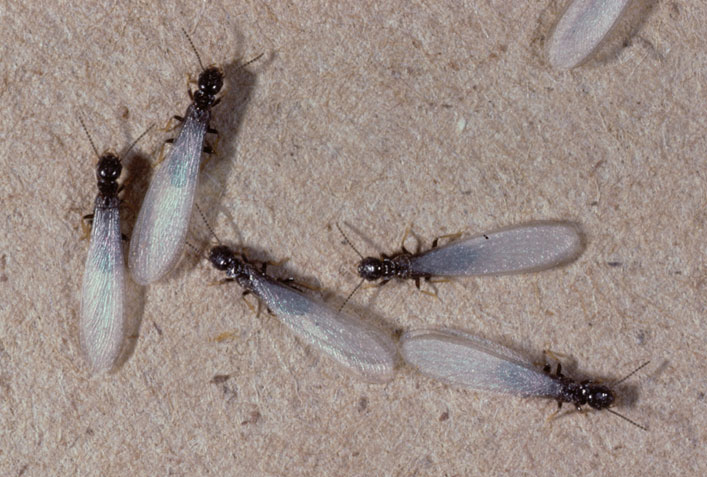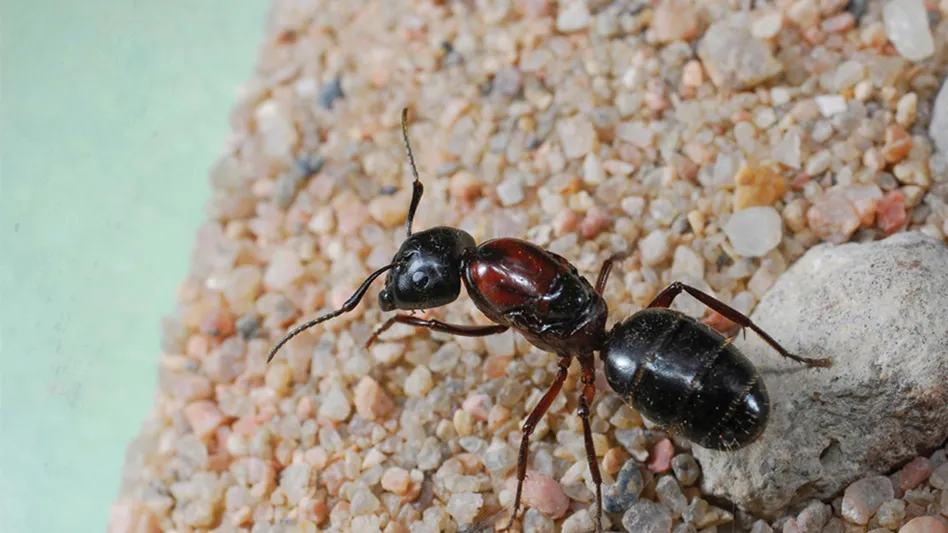Environmental Influence of Bug Control: Harmonizing Effectiveness With Sustainability
The ecological effect of bug control is a critical problem that requires a fragile balance between attaining efficiency in managing bugs and guaranteeing sustainability of our communities. From the use of dangerous chemicals that permeate into our soil and water to the unintended effects on non-target species, the repercussions of standard parasite control practices are far-reaching.
Dangerous Chemicals in Insect Control
The utilization of harmful chemicals in parasite control positions significant environmental and health and wellness dangers that necessitate cautious consideration and reduction strategies. Herbicides, pesticides, and chemicals are typically used to get rid of pests, but their widespread application can bring about unexpected consequences. These chemicals can pollute soil, water resources, and the air, affecting not just the targeted pests but additionally valuable pests, wild animals, and humans.

To deal with these risks, integrated bug monitoring (IPM) methods are being advertised as a much more sustainable option. IPM includes a combination of techniques such as organic control, habitat manipulation, and the targeted use chemicals as a last resource (ant control kingsmountain nc). By taking on a holistic strategy to pest control, we can minimize the environmental and wellness effects linked with unsafe chemicals while properly taking care of pest populaces
Effect On Non-Target Variety
Taking into consideration the unplanned consequences of insect control techniques, the influence on non-target species is an important facet that requires comprehensive evaluation. While insect control procedures aim to target certain parasites, various other organisms in the community may be unintentionally influenced. Non-target varieties, consisting of useful bugs, birds, animals, and even plants, can experience indirect or direct injury from pesticide applications or organic control techniques.
Pesticides developed to combat a certain bug parasite might hurt pollinators like or natural predators such as ladybugs. Biological control agents, if not species-specific, can position threats to unplanned targets, disrupting the eco-friendly equilibrium.
To minimize the influence on non-target varieties, integrated pest management (IPM) approaches that emphasize a holistic approach to pest control are advised. These approaches prioritize the use of environmentally pleasant practices, reducing injury to helpful microorganisms while effectively handling pest populations. Conducting complete risk analyses and monitoring the results of pest control initiatives are important actions in protecting non-target varieties and promoting general environment health.
Dirt and Water Contamination
Unintentional ecological consequences of bug control approaches extend past influencing non-target types, with considerable ramifications for dirt and water contamination. Chemicals, herbicides, and chemical plant foods made use of in insect control can seep into the dirt and pollute groundwater, posturing a hazard to both terrestrial and marine ecosystems. Soil contamination can interrupt the balance of bacteria necessary for nutrient cycling and plant development, leading to lowered dirt fertility and performance. These chemicals can continue in the environment for extended periods, accumulating in the dirt and potentially going into the food chain.
Water contamination is another critical problem connected with pest control techniques. Drainage from farming areas treated with chemicals can bring these chemicals into neighboring water bodies, influencing aquatic microorganisms and water high quality. Pollutants in water resources can have far-reaching repercussions, affecting not just aquatic life but also human wellness with the intake of contaminated water or aquatic organisms. To mitigate soil and water contamination from insect control tasks, incorporated parasite monitoring strategies that prioritize sustainability and lessen chemical inputs are important.
Air Air Pollution From Chemical Usage
Direct exposure to airborne pesticides during agricultural applications postures a significant worry for air contamination control actions. They can volatilize into the air and form unstable organic substances (VOCs) and various other airborne toxins when chemicals are sprayed onto crops - ant control services. These chemicals can add to the development of ground-level ozone, a major part of smog that can have destructive effects on human health, crop productivity, and general air high quality. Additionally, chemical drift, where chemicals are brought by the wind to unintended areas, can cause the contamination of neighboring ecological communities and water bodies.

Techniques for Lasting Pest Control
In the world of farming practices, carrying out lasting pest control methods is vital for maintaining environmental balance and protecting plant yields. Lasting insect control emphasizes the use of eco-friendly methods to manage insect populaces properly while minimizing damage to non-target microorganisms and ecosystems. Integrated Insect Administration (IPM) is an extensively taken on approach that combines biological, social, physical, and chemical control approaches to attain lasting parasite management solutions.
Crop rotation and diversification are likewise reliable strategies to interrupt pest life cycles and create much less positive conditions for insects to grow. Ultimately, by integrating these lasting pest control approaches, farmers can achieve a balance between pest management performance and environmental stewardship.
Final Thought
To conclude, the ecological impact of pest control techniques must be meticulously thought about to stabilize efficiency with sustainability. Hazardous chemicals utilized in parasite control can result in soil and water contamination, air contamination, and injury non-target varieties - ant control. It is critical to carry out sustainable parasite control methods to lessen these unfavorable effects on the setting and advertise a healthier ecosystem for future generations
By embracing an alternative approach to pest control, we can minimize the environmental and wellness influences click here for info associated with harmful chemicals while effectively managing pest populaces.

To reduce the air contamination triggered by chemical use, it is necessary to take on incorporated parasite monitoring techniques that prioritize the usage of non-chemical insect control methods, such as crop rotation, natural killers, and resistant plant varieties. Lasting pest control highlights the usage of ecologically friendly approaches to manage bug populaces successfully while reducing damage to non-target microorganisms and ecological communities. Integrated Bug Management (IPM) is a commonly taken on method that incorporates biological, cultural, physical, and chemical control approaches to attain long-lasting pest administration remedies.